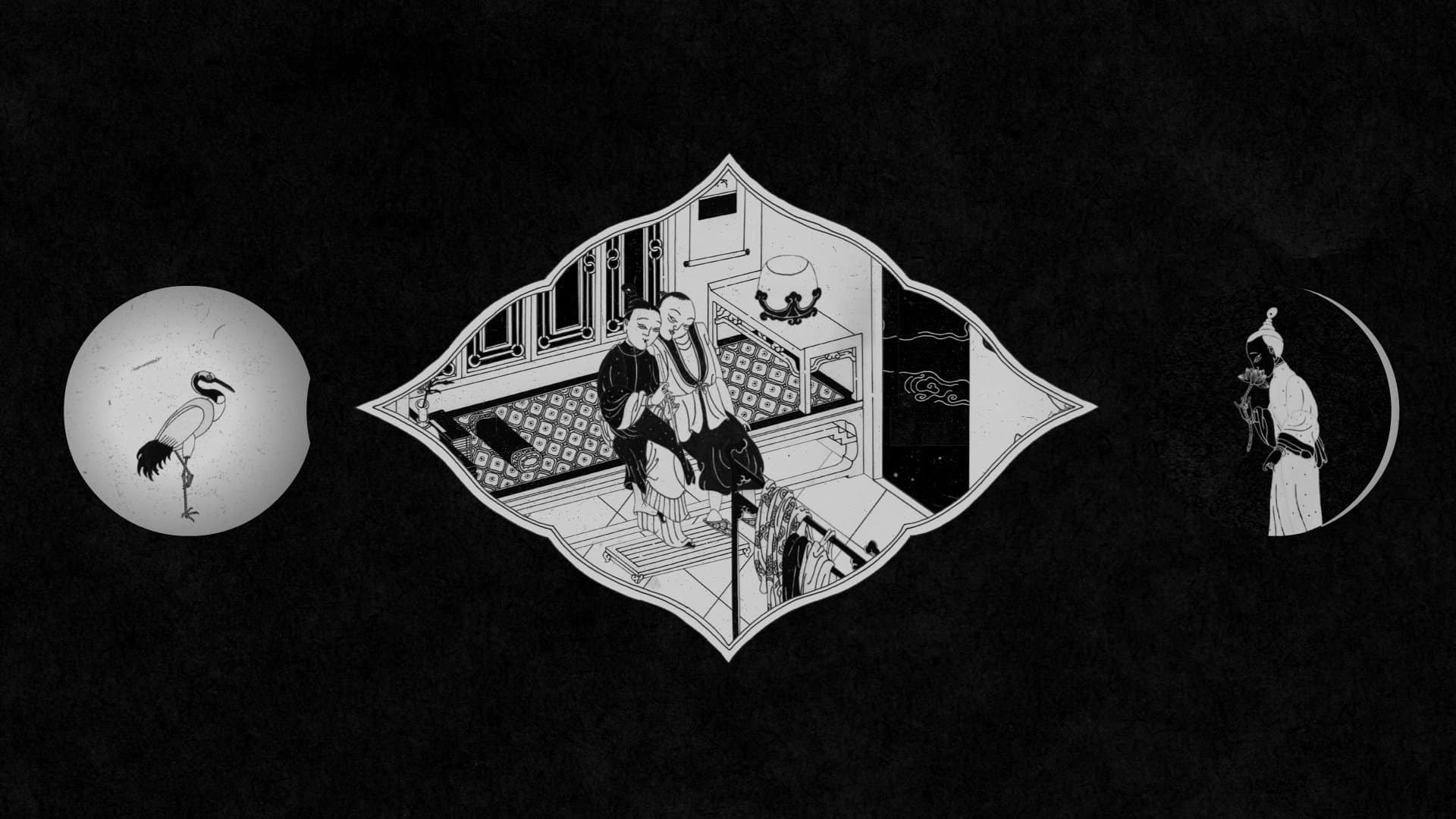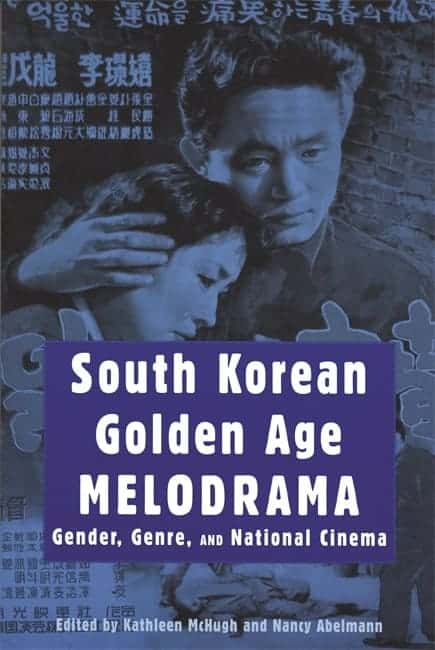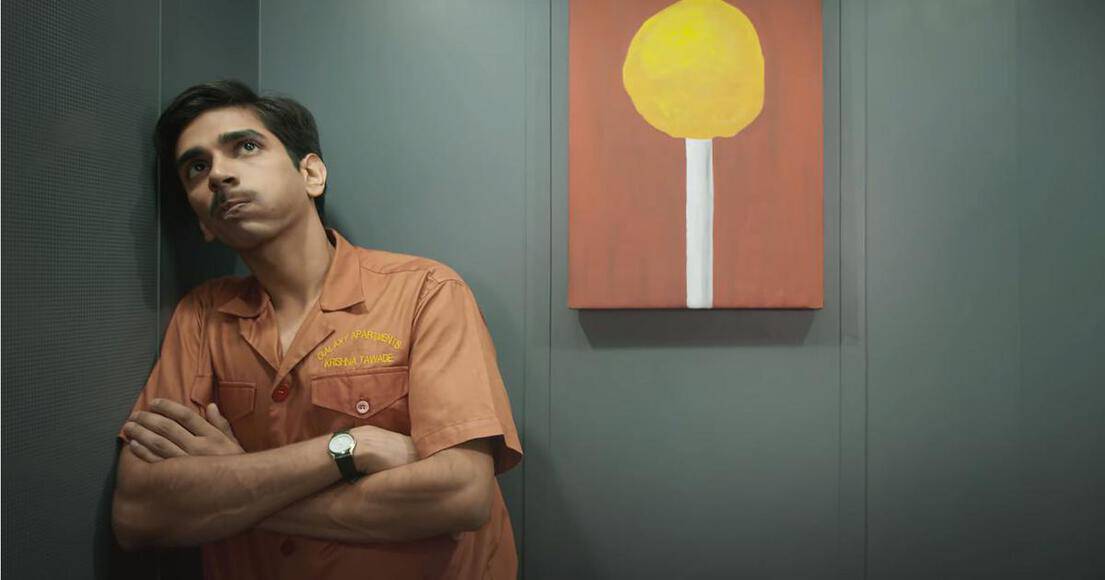A product of an abusive household, Mai is one day ‘saved' from her torment when a cross-dressing killer murders her parents and spares her. Carrying this trauma into adulthood has made relationships difficult, but when she meets a man who admires the killer and has taken on his mantle, Mai is forced to relive her trauma while working through feelings for the murderer.
Parallel is screening at Black Movie

Japan is not particularly well known for slashers, ask most fans of horror and they will be hard-pressed to come up with a title worth noting that would be on par with what the West has to offer within the genre. The reason, arguably, boils down to how prevalent the genre has been prevalent in the West since the 70s while never gaining as much traction in Japan for aspiring horror filmmakers. Consequently, whenever a slasher film does come from Japan, interest comes from that glimmer of hope that it could be a production that manages to present itself among the best in the genre with a unique, J-Horror, perspective. Sadly, “Parallel” is not that film, but it is also by no means a failure.
“Parallel” certainly delivers on the violence and the promise of a cosplay-inspired killer that uses a buzzsaw magic wand to slice up his victims. Additionally, his adoration for an anime series, which he actually ghostwrites, causes him to make his own ghastly creations as an homage to his obsession. It may not be the high-kill ratio or over-the-top gorefest that some may want, but when the movie indulges in violence it does it with a style that pays homage to the genre's more extreme entries. To interject the frenetic paces that Japanese films are known for, there is a final showdown that sends off the movie on a high note, letting the blood flow through a long fight scene.
This is where any similarities in what is considered to be the accepted ‘slasher' format end, as the greater focus is on the drama/romance between the killer and Mai. It is in the story that the overall appeal of “Parallel” begins to falter as its absurd premise boils down to a rather generic drama. Instances of extreme violence fading to ice cream at the park put a rather large damper on the flow and the identity of the film. However, that is not to say that either element of the script are poorly constructed, but they don't work together harmoniously to make an experience that is overall engaging. Essentially, the film lacks a strong identity, and the dramatic elements add unnecessary tedium to an otherwise outlandish spectacle of a masked cosplay killer mangling and modeling the corpses of his victims. Also, it should be noted that both Momona Naraha, as Mai, and Sojiro Yoshimura, as the killer, offer up strong performances and it is more an issue of an uninspired script.
Visually, Daiki Tanaka excels under a limited budget and he manages to bring a visual flair to the production that makes the feature seem grander than it actually is. This is further complimented by crafting some original material, such as an anime intro, and merch that makes the world of the lonely otaku feel more cemented. The score is also complimentary and helps elevate the overall style of the production. “Parallel”, undeniably, has a considered style to it that prevents it from feeling mundane despite how much of the runtime is spent on rather uninspired character-building.
If you turn your brain off and just enjoy “Parallel” for its charms and don't dig too deep, the experience will be an overall joyful one. Fans of slashers who are critical of the genre will find the film lacking, while those who welcome or accept deviations from the regular formula will find enough content here to appreciate what Daiki Tanaka has constructed. Regardless, this is far from being an exemplary sample of the best on offer in either the slasher genre or J-horror.
















